The Critical Elections Ahead
[cs_content][cs_element_section _id=”1″ ][cs_element_layout_row _id=”2″ ][cs_element_layout_column _id=”3″ ][cs_element_text _id=”4″ ][cs_content_seo]The stakes have never been higher for Anchorage: We are in the midst of a Mayoral crisis rife with acrimony, discord, and incompetence.
By now, you might have read several news articles covering the stories from the mayor’s office–accusations of unlawful treatment of employees, unethical hiring practices, and we all know about the massive delays of the most basic winter service of snowplowing. The administrative dysfunction affects all of us who live in Anchorage, and it is not what commitment and compassion look like in public service. That’s why it’s so crucial that Anchorage maintains an Assembly majority that will act as a measured and necessary check on the actions of the mayor’s office.
This year, there are consequential Assembly elections in every district in the municipality, school board elections (all school board seats are “at large,” meaning they cover the whole city instead of being separated into districts), and important ballot propositions and bonds. This year, The Alaska Center is proud to endorse five outstanding candidates for Anchorage Assembly who are already deeply invested in this work. Chris Constant for Downtown Anchorage (District 1 seat B) and Felix Rivera for Midtown Anchorage (District 4 Seat G) are incumbents who have proven time and time again that they are passionate and committed to serving Anchorage. Anna Brawley for West Anchorage (District 3 Seat E), Karen Bronga for East Anchorage (District 5 Seat H), and George Martinez for East Anchorage (District 5 Seat I) are new candidates who show their commitment to serving their neighbors through community councils, in schools, and as volunteers.
You have the opportunity to support candidates who support clean air and water, healthy communities, and a strong democracy. Those candidates, in turn, will have the opportunity to hold the mayor accountable, enact common-sense policies like family leave for municipal employees, and make Anchorage better for all of us. The stakes of this election are too high to sit out. You’ll receive your ballot in mid-March; make sure to return it by April 4th. Go to akcenter.org/elections if you have any questions!
Originally published on March 21, 2023 by the Sol de Medianoche News.
\n\n[/cs_content_seo][/cs_element_layout_column][/cs_element_layout_row][/cs_element_section][/cs_content]
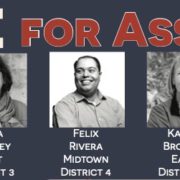






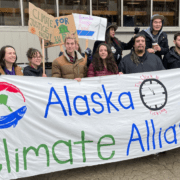
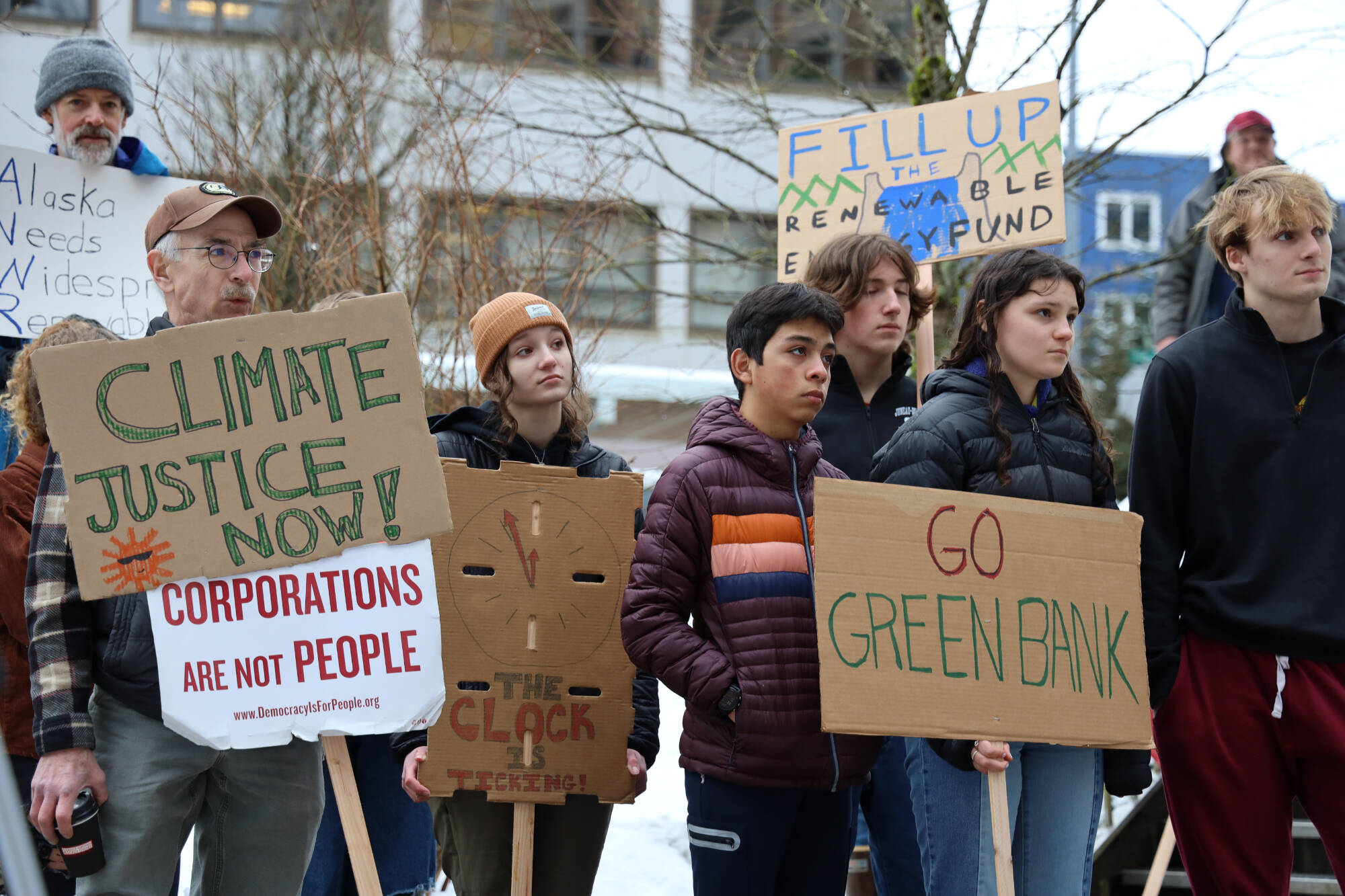
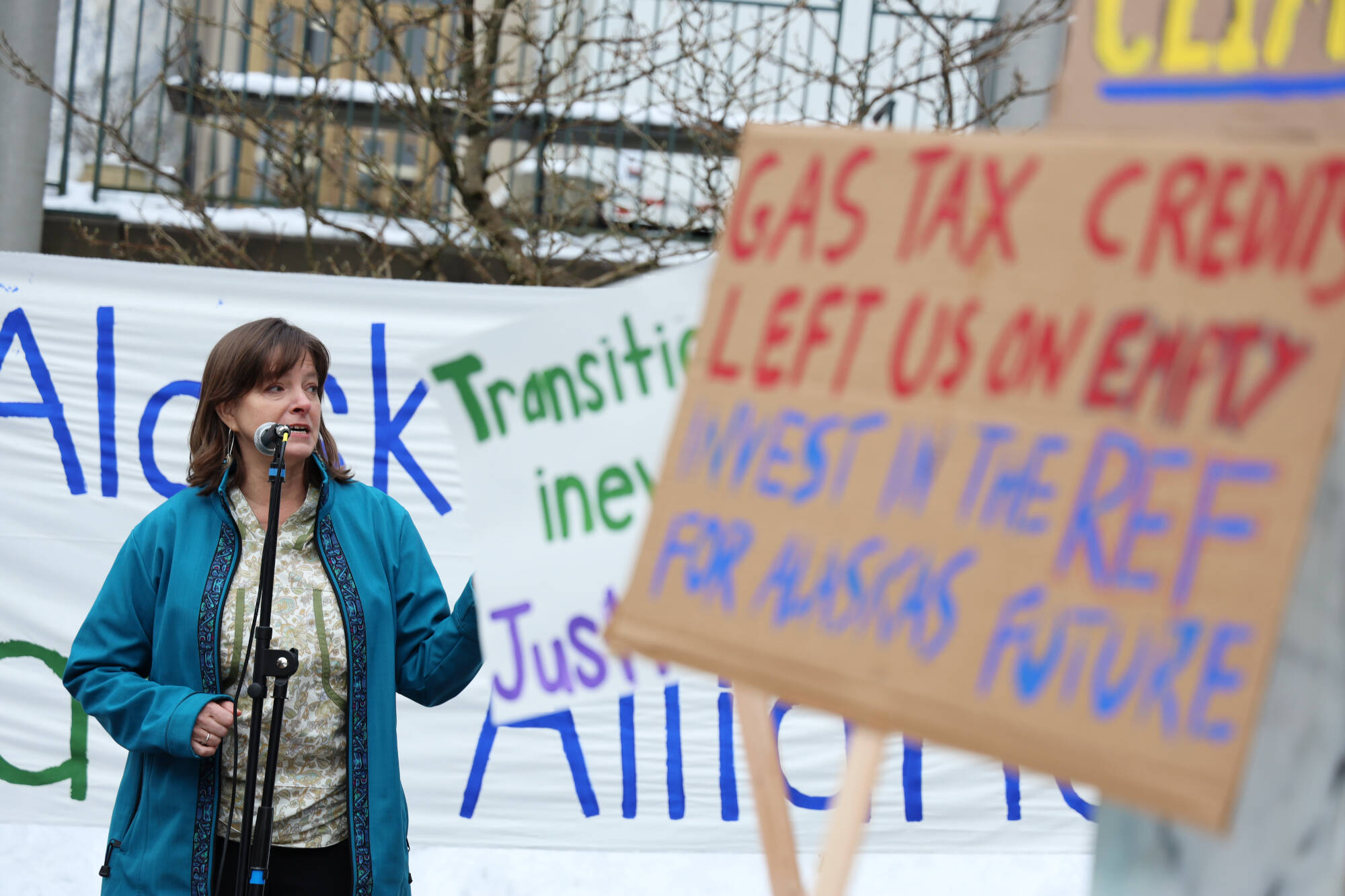
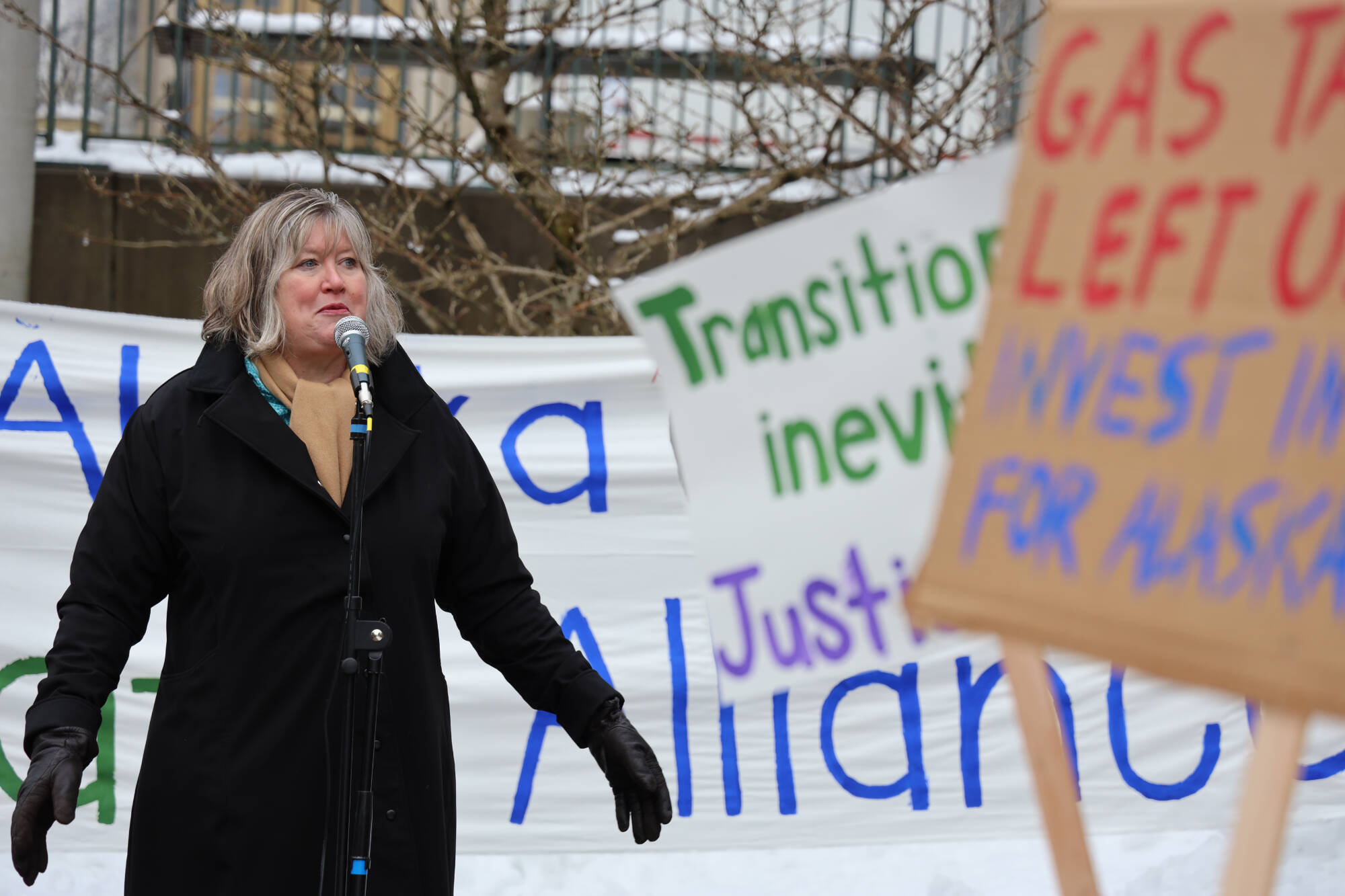 [/cs_content_seo][/cs_element_layout_column][/cs_element_layout_row][/cs_element_section][/cs_content]
[/cs_content_seo][/cs_element_layout_column][/cs_element_layout_row][/cs_element_section][/cs_content]
